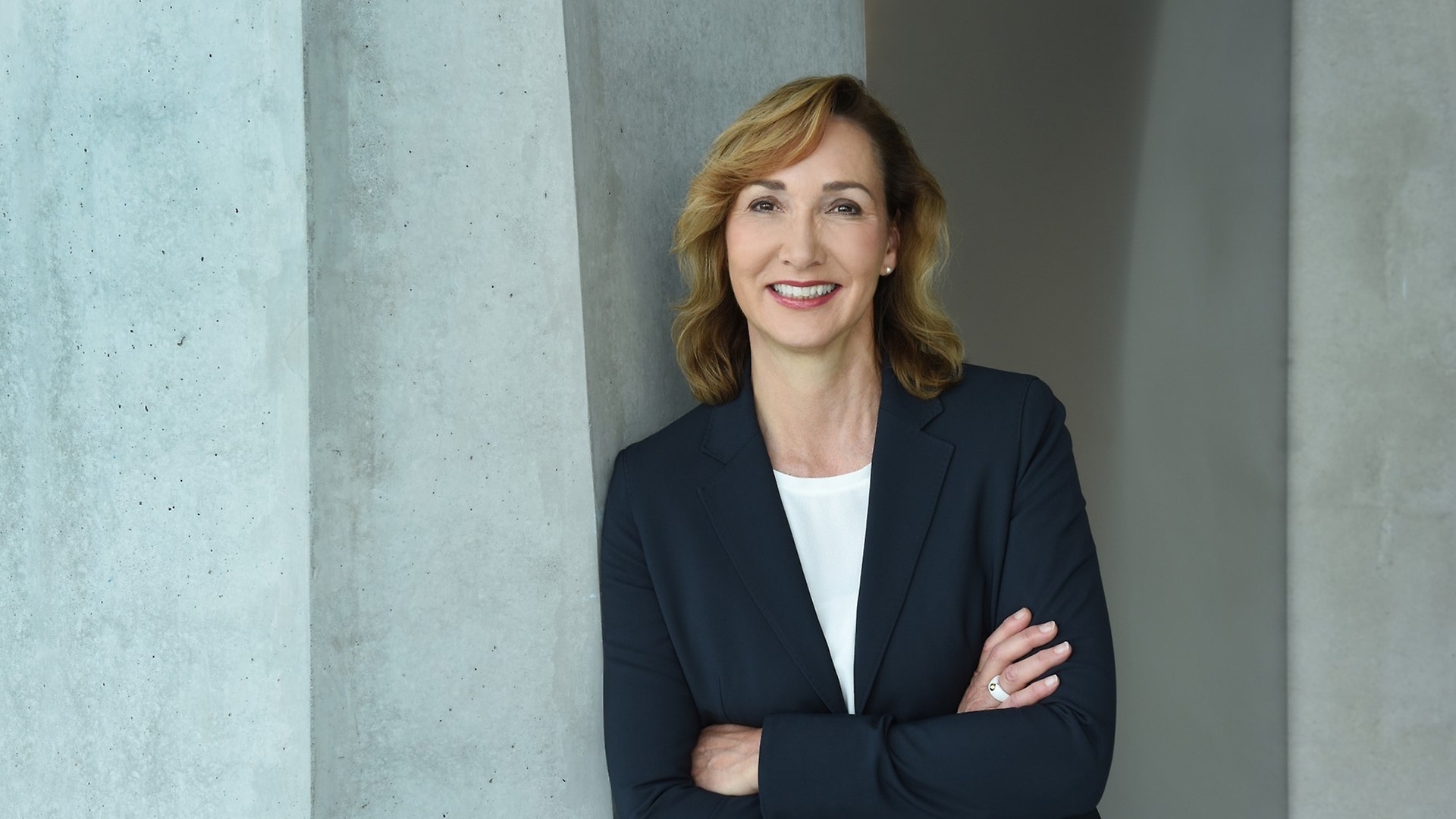How much of an impact has the diesel scandal had on enhancing technical compliance?
Renata Jungo Brüngger: The diesel scandal has obviously made the entire industry realize how important the topic is. However, at Daimler, we already had in place processes and structures for product compliance. tCMS is a major enhancement of those existing processes. When developing the tCMS, we adopted many elements from the existing systems, in classic compliance areas such as anti-corruption, antitrust or anti-money laundering and adjusted them to address the specific risks of product creation.
Markus Schäfer: The tCMS not only addresses issues of emission regulation, but also the development of all relevant future technologies. The legal risks in this area will likely increase. For example, just think about autonomous driving or e-mobility. There are still a lot of uncertainties from a regulatory perspective in these areas.
Why does one need a specific compliance system for product development? Aren’t the classic compliance systems sufficient for this?
Renata Jungo Brüngger: For us, putting vehicles on the road globally without any legal violations is paramount. Actually, this should go without saying. However, our researchers and developers work in an environment in which not only the technology, but also the regulatory framework, gets more complex each day. First, regulatory provisions are formulated abstractly because the requirements must apply to a large number of cases. For example, what does the phrase ”normal vehicle operation and use“ mean? This type of language leaves room for interpretation. Second, technology often runs ahead of legislation. While engineers are already working on a new technology, the legislature has in many cases not yet defined any requirements. And third, the regulatory requirements are continually increasing. Every day, we are confronted with 200 new laws globally, including numerous technical regulations. One can only meet these challenges with an effective compliance system for legal risks in the product creation phase.
Markus Schäfer: Legislative texts are often hard to understand for engineers – just like the technical aspects are hard to understand for lawyers and compliance managers. Without the support from other experts, it is almost impossible for any one individual to stay on top of things. In these situations, we have to protect the company from making the wrong decisions. Therefore, technology and law have to go hand in hand from the beginning. With the tCMS, we provide an approach which supports our developers when it comes to resolving complex legal frameworks and difficult questions of interpretation. The message is: We do not leave our engineers alone with difficult decisions.
How does the technical Compliance Management System work exactly?
Markus Schäfer: Above all, we rely on two things: systematic advice and continuous exchange of know-how. When providing advice, the cross-functional approach which I just described is central: From the beginning, our engineers work closely together with legal, certification and other experts. Because only jointly can open issues be assessed from different perspectives at an early stage and ideally clarified in the first instance at the working level. In the event issues remain open, a clearing process will provide assistance: in this instance difficult questions of interpretation regarding technical regulations will be decided by interdisciplinary committees. Moreover, we are constantly engaging with our colleagues via training sessions and dialog events and regularly provide information on technical compliance, particularly on our points of contact and current legal requirements.
,xPosition=0,yPosition=0.5)


,xPosition=0.5,yPosition=0)
,xPosition=0.5,yPosition=0)
,xPosition=1.0,yPosition=0)